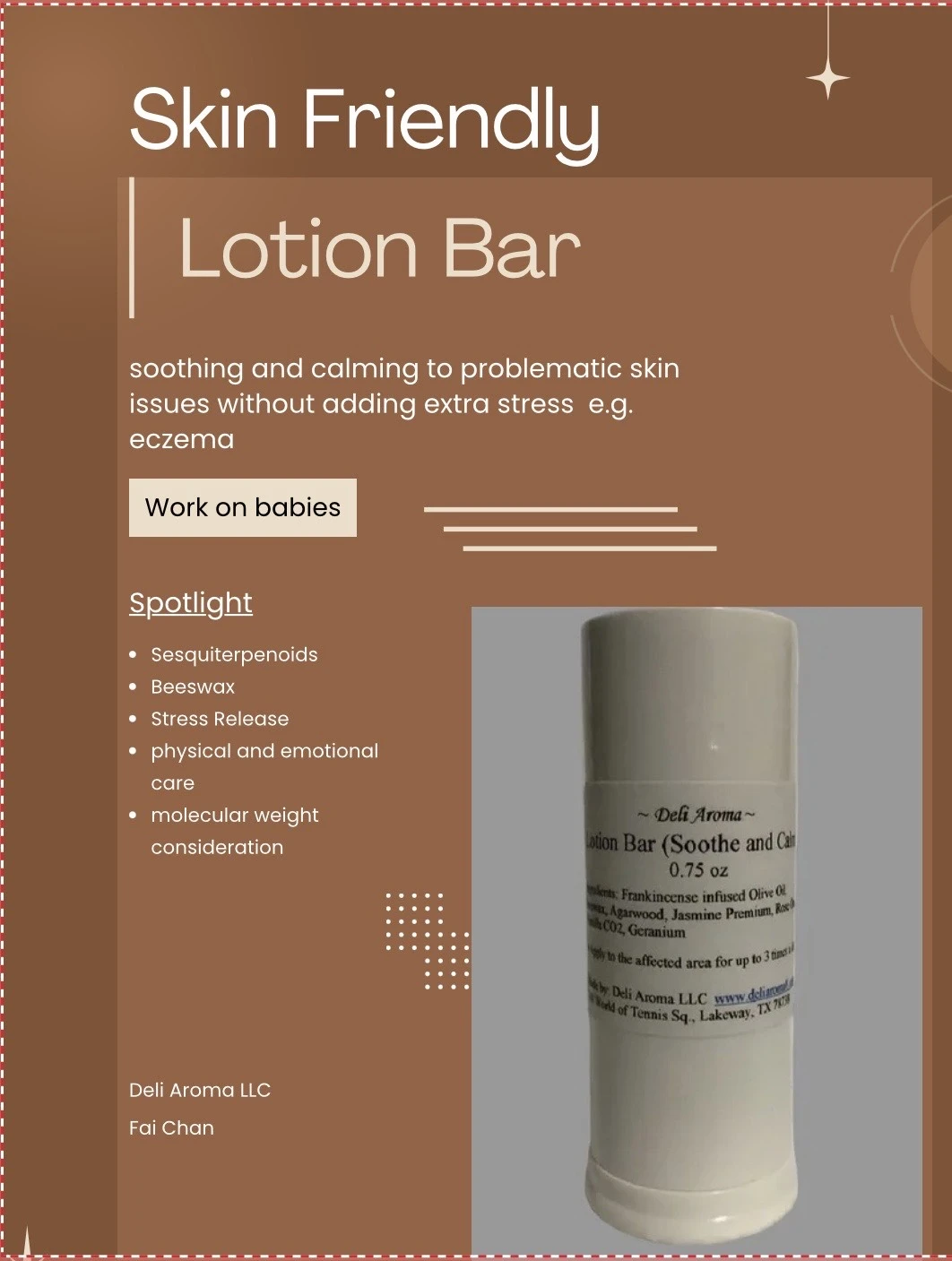Indexed In
- Open J Gate
- Genamics JournalSeek
- ResearchBible
- RefSeek
- Directory of Research Journal Indexing (DRJI)
- Hamdard University
- EBSCO A-Z
- OCLC- WorldCat
- Scholarsteer
- Publons
- MIAR
- Euro Pub
- Google Scholar
Useful Links
Share This Page
Journal Flyer

Open Access Journals
- Agri and Aquaculture
- Biochemistry
- Bioinformatics & Systems Biology
- Business & Management
- Chemistry
- Clinical Sciences
- Engineering
- Food & Nutrition
- General Science
- Genetics & Molecular Biology
- Immunology & Microbiology
- Medical Sciences
- Neuroscience & Psychology
- Nursing & Health Care
- Pharmaceutical Sciences
Role of wave-particle duality in proteomics and cell biology
International Conference on Biochemistry, Proteomics & Bioinformatics
May 16-17, 2018 Singapore
Sungchul Ji
Rutgers University, USA
Posters & Accepted Abstracts: Biochem Anal Biochem
Abstract:
One of the major unsolved problems in biology of the 21st century is to understand how living cells work, i.e., how they express the right set of genes at right times, in right places, and for right durations in order to meet the demands of their environment. We now know a lot about the components of the living cell proteins, DNA, RNA and their complex biochemical interactions, but little is known about how these components and their processes are organized in space and time to manifest the properties we call life. The purpose of this presentation is to suggest one possible organizing principle, i.e., the wave-particle duality (WPD), well known in physics since the early decades of the 20th century but rarely discussed in the contemporary biology. Most biologists, including this author until recently, believe that WPD applies to elementary particles only and that biomolecules are too large to be affected by it. But such a view can no longer be maintained because of the following two developments: (1) The single-molecule enzyme kinetic data reported in 1998 fit the Planckian distribution equation (PDE) derived from PlanckÔ??s blackbody radiation equation which embodies WPD, PDE being the product of two terms, one related to waves and the other to energy and (2) Petoukhov successfully derived the 64 codons starting from the 4 nucleotides of the genetic alphabet based purely on the matrix mathematics used in studying wave motions in physics, leading him to conclude that all organisms are systems of oscillators that exchange information through resonances. Thus it is concluded that, just as light exhibits either wave or particle properties depending on how it is measured, so proteins or living cells behave as particles or waves depending on how they are analyzed. sji.conformon@gmail.com


